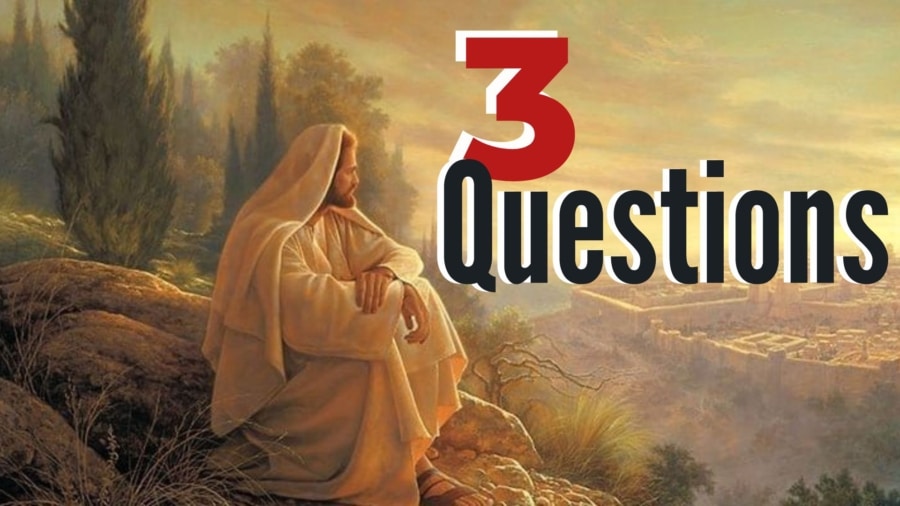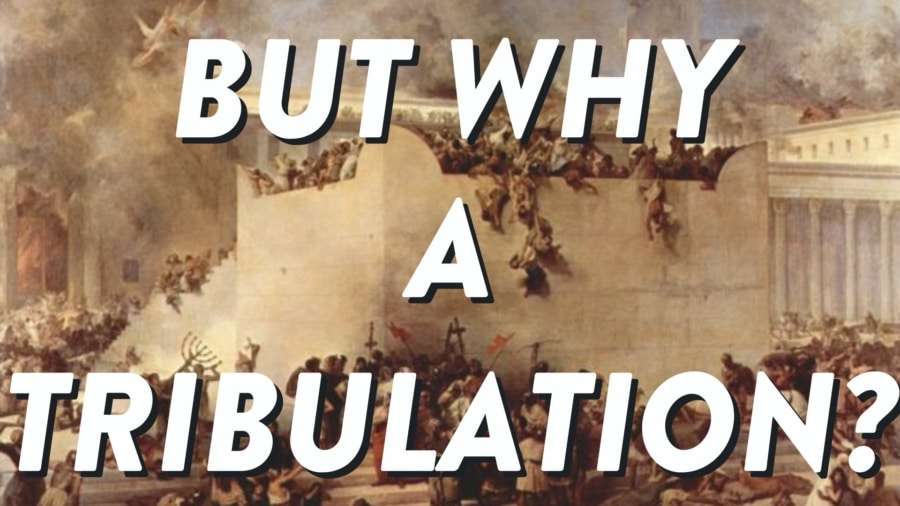The story of the prodigal son is the most popular, because the road of the prodigal is a picture of what every one of us does in self-will. We say to God, “Give me your gifts. Give me your grace, provide me with your plenty, and then I’ll go and live life my way.” And you know the amazing thing? The father had every right in the story of the prodigal to slap him down and refuse him. He could have taken his entire inheritance away. That was the most violent abuse of the inheritance law that you could have done. Ask your father, while he’s still alive, to give you the portion that’s coming to you now. That’s what the younger son did. He spit in his father’s face and he took the riches that his father gave him, and he set off down that path of self-will. And the path of self-will always ends up in the pigpen. And then it says he came to himself.
Have you ever had a come to yourself moment? We need to kill the giant of self-will. You ask yourself the question, why did I ever leave? And though we call the parable the parable of the Prodigal Son, it’s really the parable of the loving and gracious father.
The Parable of the Prodigal Son is really “The Parable of the Loving and Gracious Father.” That’s the real point. And as the father goes out of the house for the older son who stands there in his aloofness, and he feels rejected, and he feels like he’s been ill treated, and he refuses to enter in.
And remember that the lesson that Jesus is teaching in The Lost Sheep and The Lost Coin and The Lost Son is the love of the father to bring back that which is His. And he says, there’s great rejoicing in heaven over one sinner who repents. But who is He talking to? He’s talking to the Pharisees. And as He tells the story of how the father goes out to plead with his older son, “Please come in and join the festivities! It’s right that we should do this. Your brother was lost and he’s found he was dead. He’s alive.” You know what he’s really doing? The father pleading with the older son is Jesus pleading with those self-righteous Pharisees, pleading with them to see the rightness of the fact that He’s a friend of sinners, the rightness of the fact that He feasts with tax collectors and the sinners and the harlots.
And some of them got it.
These video vignettes were derived from the original lessons below. Check them out!
Gene Cunningham - August 1, 2022
Shall be Delivered
From Series: "Jesus' Roadmap for the Future"
The Olivet Discourse -- Jesus' Roadmap for the future, is one of the three major discourses (sermons) of Jesus. They include: 1. The Sermon on the Mount/Galilee Discourse (Matthew 5–7) 2. The Olivet Discourse (Matthew 24–25; Mark 13; Luke 21 3. The Upper Room Discourse (John 13–17) Each of these messages is aimed at a specific period of history, which we call a dispensation. They lay out God’s dispensational plan, like a road map, from the time of the crucifixion to the end of time. The Sermon on the Mount was directed to the generation in which Jesus lived and was His platform as King—if Israel would receive Him. Obviously, they rejected Him as their King. However, this will be the basis of Jesus’ administration during the 1,000-year Kingdom Age (Millennium). Then, the Olivet Discourse was aimed at the consequences of Israel’s rejection of Jesus as Messiah, and anticipated the destruction of the nation (70 A.D.) and the final Tribulation period. Remember that the Church Age is an intercalation—meaning an insertion, like a parenthesis, into the Age of Israel. This means that with the Rapture of the Church, the Tribulation picks up where 70 A.D. leaves off. This is why the Church Age is called a “mystery” (Rom. 11:25; 16:25; Eph. 3:1–13; Col. 1:26–27), which is a graduate course to “the principalities and powers in the heavenly places” (Eph. 3:10). Finally, the Upper Room Discourse was directed toward the Church Age, which began at Pentecost and would continue to the Rapture (1 Thess. 4:13–18). The uniqueness of this Age is summarized by Paul’s phrase “in Christ,” and all of the elements involved in what we call “positional truth”—our total union with Christ and the indwelling of His Spirit in us, which occurs nowhere else in history. With the removal of the Body of Christ, the Church, Israel would again become the focus of God’s working on this Earth (Romans 9–11; Revelation 6–19).











